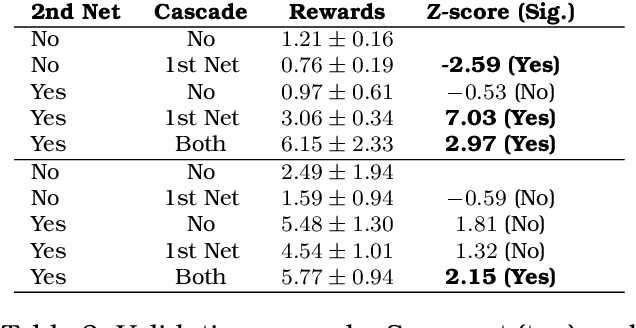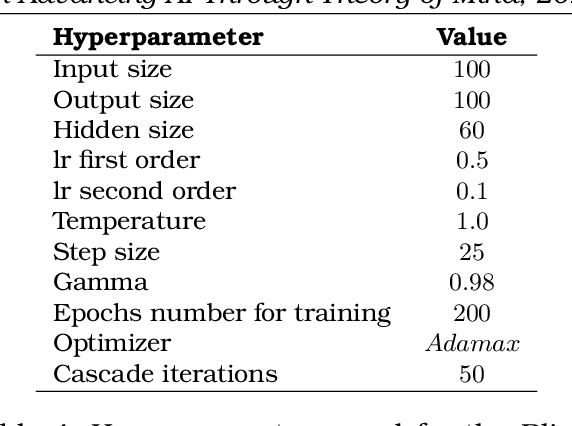N'yoma Diamond
Proceedings of 1st Workshop on Advancing Artificial Intelligence through Theory of Mind
Apr 28, 2025



Abstract:This volume includes a selection of papers presented at the Workshop on Advancing Artificial Intelligence through Theory of Mind held at AAAI 2025 in Philadelphia US on 3rd March 2025. The purpose of this volume is to provide an open access and curated anthology for the ToM and AI research community.
On the Ethical Considerations of Generative Agents
Nov 28, 2024Abstract:The Generative Agents framework recently developed by Park et al. has enabled numerous new technical solutions and problem-solving approaches. Academic and industrial interest in generative agents has been explosive as a result of the effectiveness of generative agents toward emulating human behaviour. However, it is necessary to consider the ethical challenges and concerns posed by this technique and its usage. In this position paper, we discuss the extant literature that evaluate the ethical considerations regarding generative agents and similar generative tools, and identify additional concerns of significant importance. We also suggest guidelines and necessary future research on how to mitigate some of the ethical issues and systemic risks associated with generative agents.
AI Does Not Alter Perceptions of Text Messages
Feb 07, 2024Abstract:For many people, anxiety, depression, and other social and mental factors can make composing text messages an active challenge. To remedy this problem, large language models (LLMs) may yet prove to be the perfect tool to assist users that would otherwise find texting difficult or stressful. However, despite rapid uptake in LLM usage, considerations for their assistive usage in text message composition have not been explored. A primary concern regarding LLM usage is that poor public sentiment regarding AI introduces the possibility that its usage may harm perceptions of AI-assisted text messages, making usage counter-productive. To (in)validate this possibility, we explore how the belief that a text message did or did not receive AI assistance in composition alters its perceived tone, clarity, and ability to convey intent. In this study, we survey the perceptions of 26 participants on 18 randomly labeled pre-composed text messages. In analyzing the participants' ratings of message tone, clarity, and ability to convey intent, we find that there is no statistically significant evidence that the belief that AI is utilized alters recipient perceptions. This provides hopeful evidence that LLM-based text message composition assistance can be implemented without the risk of counter-productive outcomes.
 Add to Chrome
Add to Chrome Add to Firefox
Add to Firefox Add to Edge
Add to Edge